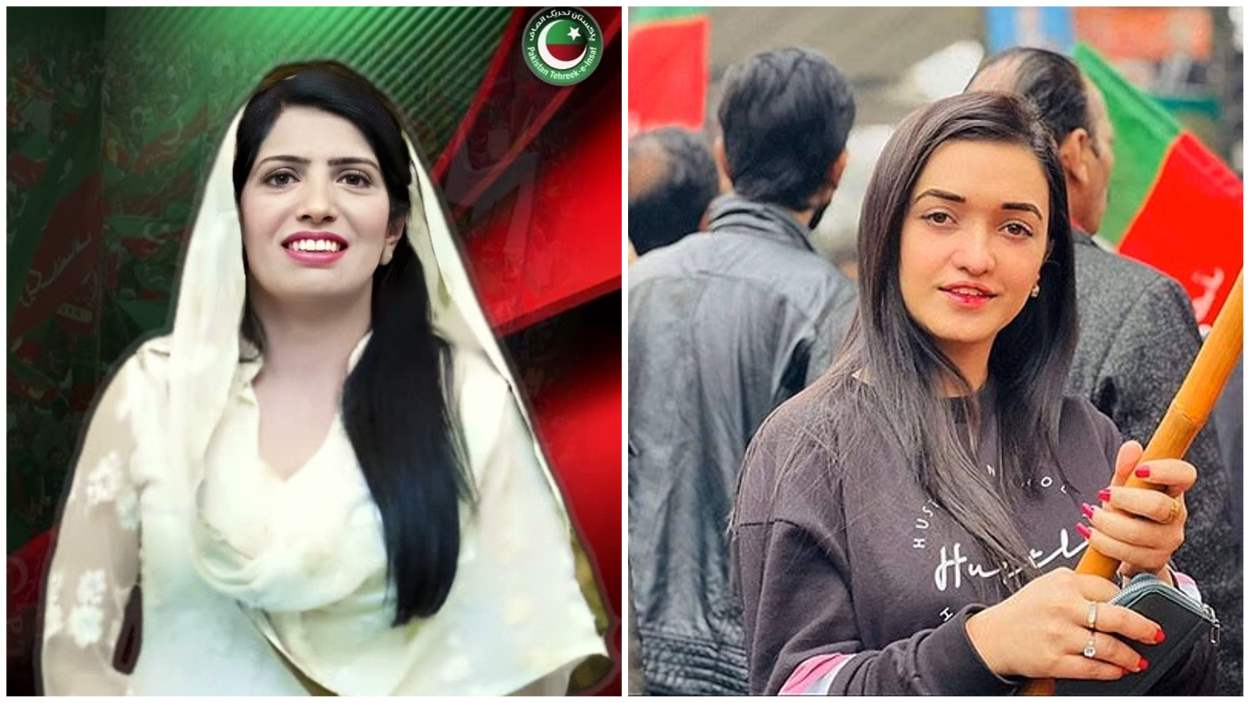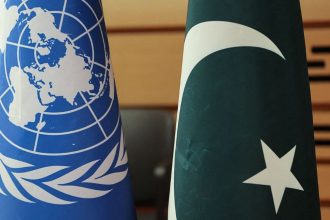On April 19, 2025, an Anti-Terrorism Court (ATC) in Rawalpindi revoked the interim bail of 15 members of the Pakistan Tehreek-e-Insaf (PTI) party due to their failure to appear in court regarding cases linked to the protests that occurred on November 26, 2024. The decision, led by Judge Amjad Ali Shah, impacts several prominent PTI figures, including Sanam Javaid. This development comes alongside the arrest of PTI Punjab Chief Organiser Aliya Hamza, further escalating political tensions in the region.
The ATC cancelled the bail after the accused, including Sanam Javaid, Mishal Yusufzai, Raja Basharat, Sami Ibrahim, Javed Kausar, Seemabia Tahir, and Timur Masood, repeatedly ignored court notices. Prosecutor Zahir Shah argued that the defendants had exploited judicial leniency for four months, obstructing investigations into charges filed under anti-terrorism laws at Rawalpindi and Attock police stations. The court ruled that their non-compliance with legal procedures warranted the cancellation.
The cases originate from the November 26 protests, which authorities deemed violent, leading to charges of terrorism and public disturbance. The bail revocation marks a significant setback for PTI, signalling stricter judicial oversight of its activities.
Aliya Hamza’s Arrest
On the same day, police arrested Aliya Hamza and six PTI workers during a workers’ convention in Rawalpindi’s Airport police station area. The group faces an FIR for allegedly interfering in government affairs, blocking roads, and throwing stones at officers. Hamza was transferred to the Women’s Police Station, while the others were taken to the Airport Police Station. PTI workers reportedly resisted the arrest, escalating the confrontation.
PTI leader Seemabia Tahir told media that authorities barred access to Hamza, fueling allegations of targeted harassment. Hamza’s detention follows her April 8, 2025, arrest near Adiala Jail, reflecting ongoing pressure on PTI’s leadership.
Political Backdrop
The bail cancellations and Hamza’s arrest underscore PTI’s fraught relationship with law enforcement, marked by frequent detentions and protest bans. The November 26 demonstrations were part of PTI’s campaign against perceived political victimisation, particularly following Imran Khan’s legal battles. Posts on X, such as those from @PTIofficial, decry the actions as “state oppression,” though sentiment remains inconclusive without broader verification.
Read: PTI’s Aliya Hamza Detained by Police at Rawalpindi Workers’ Convention
PTI’s efforts to reorganise in Punjab, led by Hamza, have faced hurdles, including denied rally permissions and clashes, as seen in recent Adiala Jail protests. The ATC’s ruling could further strain the party’s operations, galvanising supporters but risking legal repercussions.






